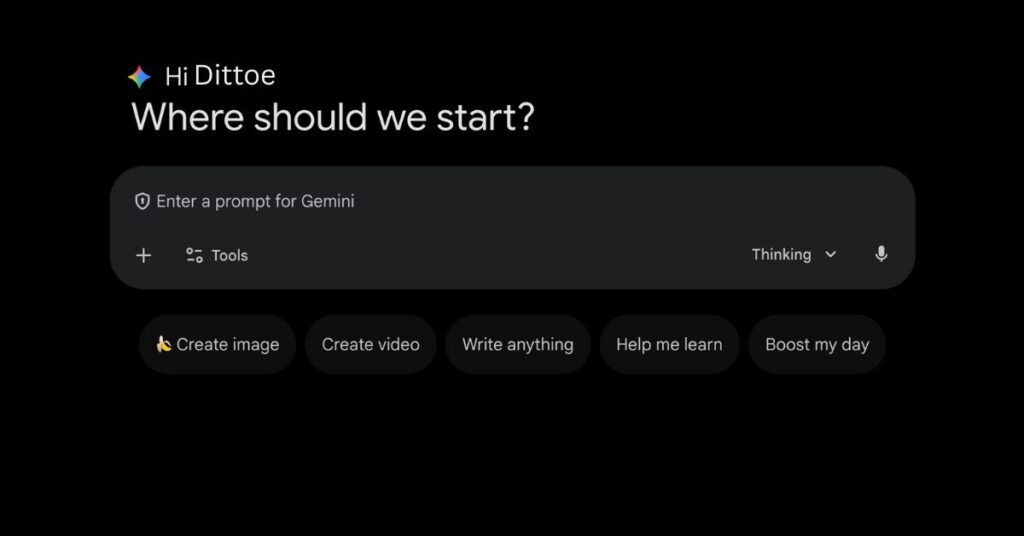The year was 2006. Pluto was still a planet, you didn’t own an iPhone, you were more likely to log on to MySpace than Facebook, and search engine optimization (SEO) meant squeezing as many keywords as possible into your content and getting backlinks by any means necessary. Scary, right?
Today, thinking that keyword density and lots of low-quality backlinks will get your site to appear at the top of Google’s search results is as reasonable as staying indoors for fear of contracting the Bird Flu (the “it” disease of 2006).
The rules of SEO have changed—especially over the past two years. Updates to search engine ranking algorithms like Google’s “Panda” and “Penguin” mean you can no longer think in terms of keywords and inbound links alone. What matters now is quality, relevance and audience engagement.
Or, as Google’s head of search spam, Matt Cutts explained:
“We are trying to level the playing field a bit. All those people doing, for lack of a better word, over optimization or overly SEO—versus those making great content and great site. We are trying to make GoogleBot smarter, make our relevance better, and we are also looking for those who abuse it, whether they throw too many keywords on a page, or whether they exchange way too many links or go well beyond what you normally expect in a particular area. It is an active area where we have several engineers on my team working on this right now.”
For many SEO firms, these algorithm shifts have delivered a crushing blow. For Dittoe PR, it’s cause for celebration.
For years we had to sit back and watch as SEO firms gamed Google with blackhat link-building schemes predicated on paid backlinks and blog networks that allowed them to distribute keyword-stuffed “articles” to hundreds of sites to quickly generate hundreds of backlinks.
Even PR agencies got in on the Google-gaming action. They used wire services to distribute horribly written, albeit keyword-dense, press releases knowing full well that human eyes would never read them—they just wanted the backlinks. Sadly, many PR agencies still charge clients hundreds of dollars per release to provide this “service,” even though those press release backlinks barely nudge the SEO needle.
While SEO is still very much a technical discipline—especially when it comes to on-site optimization—the bottom line is that content that is published but not read by living, breathing human beings, not just GoogleBots, achieves nothing—both in terms of human impressions and search engine traction.
When our clients are featured on ESPN or Mashable, they’re not only benefiting from extremely valuable backlinks; there’s also no risk that an algorithm update from Google is going to render those backlinks worthless. It’s a simple matter of quality vs. quantity that makes the difference between page No.1 of Google’s search results, and being buried in the double digits.
Search engine optimization is no longer a “website promotion strategy.” It’s a content strategy; one that’s based on producing compelling, targeted content for humans—not search engines—and promoting that content across national and local media outlets, trade publications, blogs and social media channels.
If you’d like to learn more about our firm and services, please feel free to contact us.







0 Comments